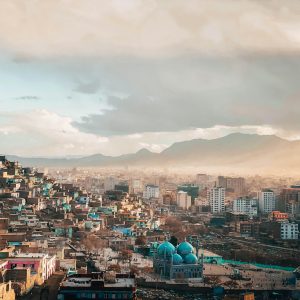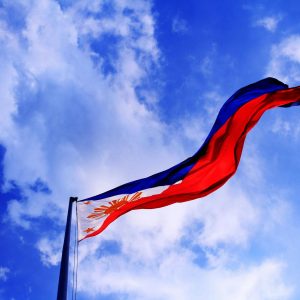Jack Dorsey claims India threatened to shut down Twitter
NEW DELHI – India had reportedly threatened to shut down Twitter if it does not follow orders to block accounts critical of the government.
According to Jack Dorsey, Twitter’s co-founder, the threats were made during year-long 2020-2021 farmers’ protests.
The government wanted to block accounts that were critical of the government’s handling of the protests.
Dorsey stepped down as chief executive in 2021.
He said India also threatened to raid Twitter employees if the platform did not comply with the government’s demands.
Dorsey made these claims in an interview with the YouTube news program Breaking Points.
He explained that the threats included the closure of Twitter in India, a major market for the platform, and raids on employees’ homes.
“India is a country that had many requests of us around the farmers’ protests, around particular journalists that were critical of the government,” Dorsey said.
He expressed surprise at these measures, pointing out that India is a democratic country.
‘We’re going to raid the homes of your employees’, which they did, and ‘We will shut down your offices if you don’t follow suit’ — and this is India, a democratic country,” he said.
He said the government demanded “contact information” tied to certain accounts in addition to shutting them down.
Dorsey’s revelations sparked an uproar in India, with the government and opposition targeting each other.
Information Technology Minister Rajeev Chandrasekhar called Dorsey’s claims an “outright lie.”
He said no one was detained or Twitter shut down during the farmers’ protests.
He said during Dorsey’s tenure, Twitter did not accept the sovereignty of Indian law.
“India as a sovereign nation has the right to ensure that its laws are followed by all companies operating in India,” the Minister said.
However, experts believe Dorsey’s remarks once again highlighted the challenges for foreign tech giants operating under Prime Minister Narendra Modi’s government.
They said protecting freedom of expression while complying with increasingly stringent social media laws is becoming increasingly difficult.
According to an analysis of Twitter’s transparency reports, the Modi government’s legal demands to remove content from the platform skyrocketed 48,000% between 2014 and 2020.
Twitter suspended numerous accounts that mentioned the protests. It later unblocked most of those accounts, citing “insufficient justification.”
When Twitter refused to delete another 1,100 accounts, Police visited the Twitter offices.
However, since Elon Musk acquired Twitter in a $44 billion deal last year, tensions between Twitter and the Indian government appear to have eased.
In January, for example, it deleted about 50 accounts that had shared links to a BBC documentary about Modi’s role in the Gujarat riots.
In April, Twitter blocked more than 120 accounts, including those of politicians, poets, and the BBC’s Punjab office, at the government’s request.










